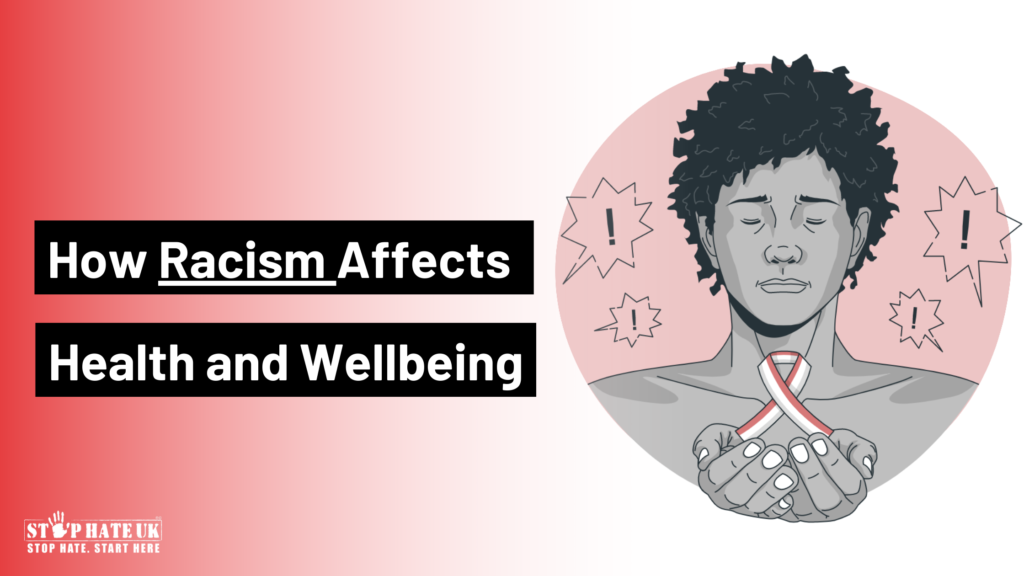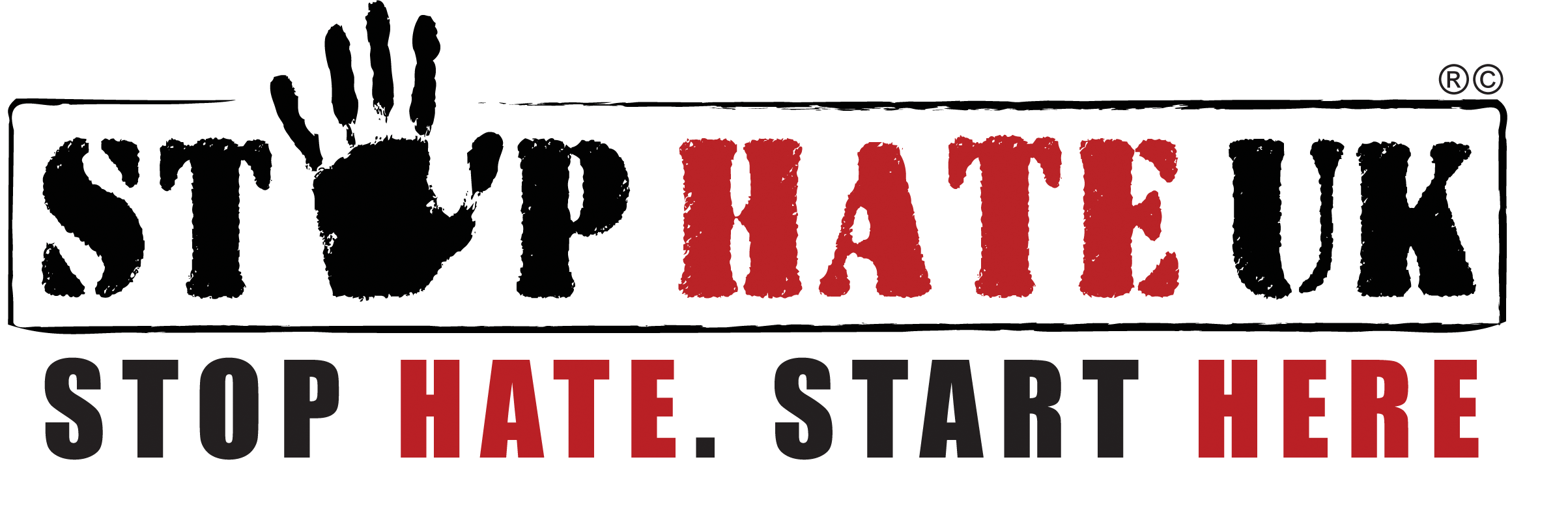News
How Racism Affects Health and Wellbeing
Posted on
Black people still face significant disparities in housing, education, work, and healthcare. Learn more about the disparities on our Black History Month page.
These inequalities can have a real impact on people’s quality of life and their health.
How Racism Affects Health and Wellness
Over the years, many studies have demonstrated that experiencing racism is connected to poor mental and physical health.
Mental Health
A 2015 research study shows that racism is twice as likely to affect mental health than physical health.
Unfair treatment and microaggressions at work, over-disciplining in schools, prejudice and discrimination in day-to-day life can cause the following mental health issues:
- depression
- stress
- emotional distress
- anxiety
- post-traumatic stress disorder (PTSD)
- suicidal thoughts
Even the fear of racism can be harmful as a 2018 paper suggests.
Mental health problems decrease positive mental health characteristics like resilience, hope, and motivation, making it hard for people to be mentally well.
Physical Health
Racism is a stressor that can impact physical health since mental health problems such as anxiety, PTSD, and stress can have effects on our physical bodies.
Racism increases stress levels which elevates blood pressure, causing high blood pressure and a weakened immune system. A 2019 study found that racism can increase inflammation in people’s bodies which can lead to chronic conditions such as heart disease and kidney disease.
Another study found that experiencing discrimination is linked to higher rates of smoking, alcohol use, drug use, and unhealthy eating habits.
During Covid-19, we saw the effects of the resulting poor physical health within the Black and Asian communities, which had the highest death rates.
Young People Facing Racism
Racist incidents affect confidence and self-esteem, increases stress and anxiety, and reduces concentration and focus levels. With more than half of young black and minority ethnics experiencing racism at their workplaces, and almost all Black British students experiencing racism in schools – many Black young people are at risk of falling behind performance-wise, as they deal with racism along with the usual issues, worries and hard work of school and early career jobs.
This means we have a generation of young people who have an additional barrier to cross when it comes to succeeding in life because of racism and its effects on mental and physical well-being.
Eradicating racism from society is paramount to give every child and young person a level-playing field so that they only have to worry about things that are normal at their stage in life, like doing well in an exam or preparing for your first day at your job – not facing racism.
Normalisation of Racism for People Affected
People experiencing racism don’t need research studies to tell them that the stress, fear, and low self-esteem they suffer are because of racist incidents, microaggressions, and prejudice set against them.
But many are unaware of the scale of racism’s effect on their wellbeing. Racism is so normalised for people who experience it, that the effects of the trauma from abuse and discrimination are not completely acknowledged or even understood.
Instead, people affected by racism may blame themselves for not performing well at school, at work, or not having the ability to be fully present in their personal lives.
Action Not Words
We can list numerous ways people experiencing racism can make their lives easier, taking care of their mental wellbeing and fostering a safe environment around themselves – but the theme of Black History Month this year is ‘Time for Change: Action Not Word’.
It is time to help Black people by aiming where the target should be – eradicating racism. It is time to take action, stand against hate and intolerance, and create an anti-racist society.
Education is key to make an anti-racist society a reality, but the responsibility falls on us as individuals to educate ourselves – not on Black people to spend mental and emotional labour educating us.
Here is a great page to start where you can find books, podcasts, websites, social media pages, and talks on Black history, racism, and racial equality.
Learn more on our Black History Month page about taking proactive steps to educate yourself and help create an anti-racist society:

